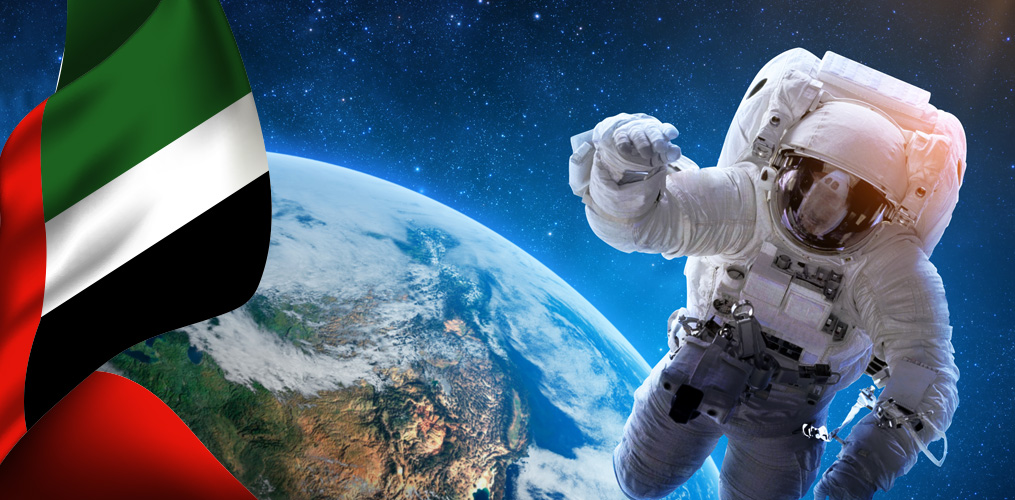The UAE is expected to capture over 50% of the regional downstream market, dominated by satellite communications and Earth observation, which comprise nearly 70% of the global space economy.
The Middle East and Africa (MEA) space market has reached an estimated value of $18bn, according to a new report from Boston Consulting Group (BCG) titled Governments in Space: A Universe of Opportunities. The findings highlight the UAE, Saudi Arabia and Qatar as the driving forces behind the GCC’s emergence as a hub for space innovation and ambition.
The UAE leads the region with a civil space investment of $443m in 2024, representing 40–45% of overall government spending in the MEA sector. This investment is expected to secure more than half of the region’s downstream services market share, which includes satellite communications and Earth observation. These downstream services account for roughly 70% of the global space market, underscoring the UAE’s strategic advantage.
Saudi Arabia has committed approximately $220m to civil space activities this year, giving it an estimated 20–25% share of MEA government space spending and positioning it to capture more than 20% of the regional downstream services market. Qatar has matched this $220m investment, contributing around 5% of the MEA market and just under 5% of downstream services, bolstering the GCC’s collective leadership in the sector.
Faisal Hamady, Managing Director and Partner at BCG, said: “The UAE’s commanding position in the Middle East space market reflects a decade-plus commitment to strategic space investments that balance public sector vision with private sector innovation. With downstream services accounting for 70% of the global market and the UAE’s proportional investment advantage, we’re seeing a clear example of how sustained government backing in civil space activities translates to market leadership.”
All three countries are projected to grow at or above the global space economy’s compound annual growth rate of 5% through 2033, reflecting the region’s long-term momentum. The report also highlights the potential for strong returns from flagship UAE programmes such as MBZ-SAT, the Hope Probe and Arab 813, with return on investment estimated at three to four times initial costs.

BCG identified six critical success factors for regional growth: long-term strategic commitment, strong public-private partnerships, diversified portfolios, a failure-tolerant culture, global collaboration strategies and integrated digital-space policies. Examples include Saudi Arabia’s partnerships with NASA and Axiom, Qatar’s Es’hailSat role in regional satellite communications, and the UAE’s international collaborations such as the Mars Hope Probe.
Thibault Werle, Managing Director and Partner at BCG, noted: “What we’re witnessing across the GCC is a comprehensive understanding that space industry success requires simultaneous excellence across multiple dimensions, financial commitment, partnership strategy, risk management, and policy integration, while maintaining patience for long-term returns in a rapidly evolving global landscape.”
The report stresses the growing importance of digital-space integration, pointing to applications such as satellite broadband, LEO constellations and Earth observation data that enhance terrestrial networks, support next-generation connectivity and inform policy decisions. Space technologies are also expected to provide economic multipliers across smart cities, autonomous vehicles and broader digital transformation.
For emerging space nations, BCG recommends focusing on niche strengths, building regulatory frameworks early, leveraging international cooperation and investing in long-term talent development. For more advanced players such as the UAE and Saudi Arabia, the emphasis lies in scaling public-private partnerships, driving innovation clusters, and maximising synergies between space and terrestrial technologies.
With space projects requiring decades-long timelines and large-scale investment, the GCC’s sustained commitment positions the region to play a leading role in the rapidly expanding global space economy, which is valued at several hundred billion dollars worldwide.




